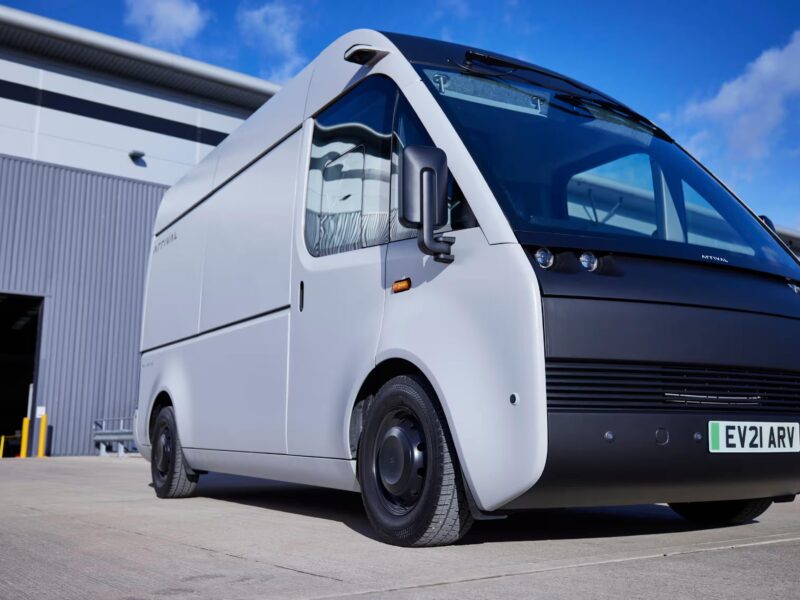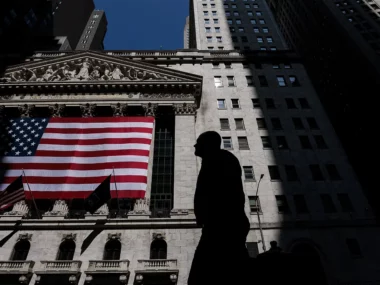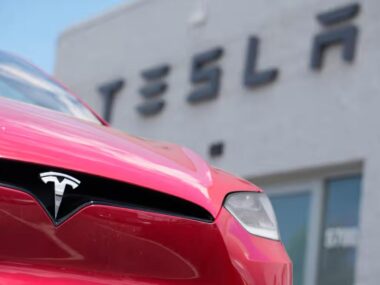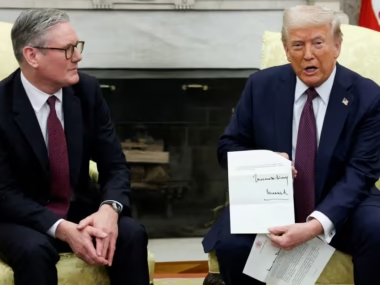The New York-listed corporation, once valued at $15 billion, failed to launch its first electric vehicle.
Arrival, the British electric vehicle manufacturer, has gone into administration, putting 170 jobs at jeopardy, barely three years after being valued at more than $15 billion.
The company, which had two manufacturing sites in Oxfordshire, has engaged EY as administrator after failing to produce its first electric van.
The move comes a week after the company’s trading was banned on New York’s Nasdaq stock exchange, and a notice of removal was filed. Arrival failed to file accounting for 2022, according to Nasdaq, and hence did not meet its listing rules.
The EY administrators stated that Arrival’s cash position had been “impacted by challenging market and macroeconomic conditions resulting in delays in getting the group’s products to market”.
They went on to say: “The joint administrators are now exploring options for the sale of the business and assets of the companies, including its electric vehicle platforms, software, intellectual property and R&D assets, for the benefit of creditors.”
Arrival was launched in west London in 2014 by Denis Sverdlov, a Russian telecom tycoon who will leave down in late 2022. Sverdlov sold Yota, a telecom and mobile phone manufacturer, in 2013.
Arrival invested extensively in robot-heavy plants in Banbury and Bicester, and planned to produce a bus, vehicle, and European van. It later slashed 800 positions in the UK and shifted its focus to the US van market.
The company presently employs 400 people, with 172 of them based in the United Kingdom and directly affected by the administration.
The Financial Times said that Arrival recently laid off 39 employees and has struggled to keep costs under control.
When the business went public in 2021, it received a $660 million cash injection and was worth more than $15 billion on the Nasdaq at its peak.
When the company first listed, it expected to focus on vans and buses before eventually expanding into smaller passenger vehicles, initially with a concentration on cabs but with the prospect of consumer automobiles as well.
Arrival’s demise adds to Britain’s uneven recent record in the electric vehicle sector. Britishvolt, an electric vehicle battery manufacturer, went bankrupt last year after failing to find funding. Tata, the owner of Jaguar Land Rover, has agreed to invest £4 billion in developing a battery gigafactory in Somerset.











